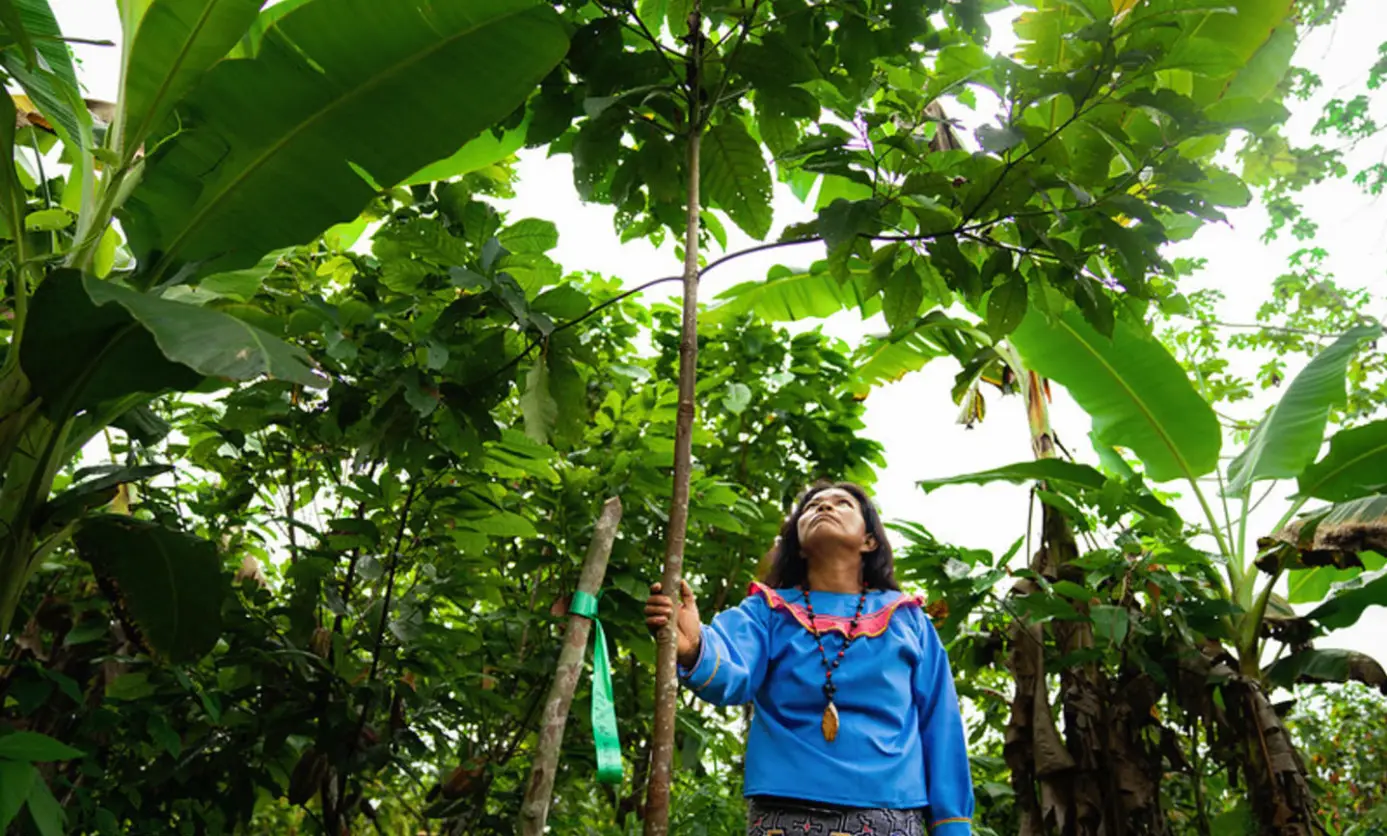The development trajectory of Latin America and the Caribbean is going through a period of unprecedented vulnerability and uncertainty. The significant achievements of past decades, as well as the possibility of continuing to make progress, are under threat from the impact of growing geopolitical tensions, unresolved structural challenges, and an increase in crises of various kinds—environmental, political, health, technological, and social—that intertwine and reinforce each other, magnifying their impact and overwhelming the response capacity of institutions. Against this backdrop, a fundamental question arises: how can we protect the gains made in human development while continuing to move forward in this new reality?
The answer lies in the very essence of the concept of human development. Since its formulation by the authors of the first UNDP Human Development Report in 1990, economists Amartya Sen and Mahbub ul Haq, the focus of this concept has been on expanding people’s capabilities so that we can lead lives we value and find meaningful. It is not just about income or material goods, but about health, education, participation, freedom, and dignity. But human development is not static and can suffer setbacks. To safeguard its progress in the face of recurring shocks and to continue expanding capabilities, it is essential to embed resilience as an unconditional requirement.
Beyond mere endurance
In the context of human development, resilience is not limited to enduring or withstanding sudden impacts, nor to restoring a previous state. It is the capacity and agency of human beings to live valuable lives in such a way that they can prevent or mitigate the impact of crises both in their own lives and those of their communities and, if necessary, recreate valuable lives and continue to thrive. It means that people and communities can reorganize, adapt, and move forward, even—and especially—in the midst of adversity. A system is resilient not because it is immune to shocks, but because it knows how to respond effectively, learn from experience, and emerge stronger.
Just as a house is resilient if, even with modest materials, it withstands an earthquake, protects its inhabitants, and allows life to continue, a health system is resilient if, in the face of a pandemic and despite its limitations, it reorganizes resources, mobilizes staff, welcomes volunteers, requests and absorbs external aid, provides psychological support, recognizes collective effort, and leaves behind strengthened capacities for facing future emergencies. The key is not to avoid all damage—that would be impossible—but to respond with purpose and to strengthen the system based on experience. In short, resilience is not improvised; it is built.
Agency, capabilities, and human security
Resilient human development rests on three fundamental pillars: capabilities, human security, and agency. Capabilities are the real opportunities people have to live a life they value: being healthy, learning, participating, working with dignity. Human security protects that essential core against persistent or sudden threats such as hunger, violence, natural disasters, or disease. Agency, meanwhile, is the ability to act according to one’s own values. It is not only about feeling included and being able to choose, but about actively influencing one’s own life and environment: organizing, participating in public life, imagining alternatives even in the midst of crisis.
When people live in contexts of limited freedoms or insecurity—marked, for example, by violence, precariousness, or exclusion—their agency tends to weaken. We may withdraw, lose trust in others, become demobilized, or adopt extreme positions. This is why a resilient vision of development cannot be limited to the material: it must also strengthen interpersonal trust and the sense of belonging—the emotional, relational, and civic fabric that allows us to act, decide, and rebuild.
An urgent approach for Latin America and the Caribbean
The need to incorporate resilience into human development is particularly pressing in Latin America and the Caribbean. Without a resilient perspective, each crisis can mean significant development losses. Conversely, if development agents and actors integrate resilience into their management and actions, it is possible to prepare better collectively, minimize damage, and transform systems based on each experience.
From a public management perspective, this means, for example, that public policies anticipate risk contexts—such as designing and implementing education systems that can also function in emergencies; social protection systems that expand households’ capacity to cope with crises and that have pre-established mechanisms to extend benefits to those affected; or care systems that facilitate reintegration into the labor market. It also means ensuring community support networks and mutual aid mechanisms and, above all, strengthening institutions and individual and collective capacities to anticipate, decide, act, and adapt.
Prioritizing the essential, even with scarce resources
Resilience in public policy requires investment, planning, and consensus around a long-term vision. But it does not always entail large budgetary efforts, even in fiscally constrained contexts. The key is to innovate and prioritize what is essential: identifying which capabilities must be protected at all costs, which services must be maintained even in times of crisis, and which bonds must be strengthened before they break. Innovation is not only technological—it is also social, institutional, and territorial. The region is already applying tools with great potential for scalability and impact to transform realities, expand capabilities, and create opportunities where there was once exclusion, such as innovative applications of the Multidimensional Poverty Index (MPI) or inclusive financing instruments with local impact.
The resilience approach from a human development perspective means prioritizing strategically, making evidence-based decisions, and avoiding improvisation to ensure local impact and agency. Furthermore, by explicitly incorporating prevention, preparedness, and recovery into the development agenda and public budgets, the future costs of crises can be significantly reduced.
A compass of hope for uncertain times
Resilient human development protects and adapts the classic concept of human development to today’s challenges. It combines the transformative vision of development with the precaution of human security and the recognition of people as agents of their own destiny, even in the face of adversity.
In a world with fewer certainties, resilience is an ethical, practical, and hopeful compass. For Latin America and the Caribbean, it is also an opportunity—not to resign ourselves to permanent risk, but to turn each challenge into a springboard for more just and cohesive societies.
The future is not written; we build it together. Collective resilience must be at the heart of our responses: it is key to driving economic growth and shared prosperity; to fostering innovative financing and public policies that make it possible to prevent, mitigate, and rebuild lives after a crisis; and to broadening the sense of belonging, increasing human agency and security. Only through collaboration and collective action can we build valuable, dignified, and resilient development and life paths for all people.
This article presents a preview of the 2025 Regional Human Development Report, entitled “Under Pressure: Recalibrating the Future of Development,” prepared by the United Nations Development Programme (UNDP) in Latin America and the Caribbean.














